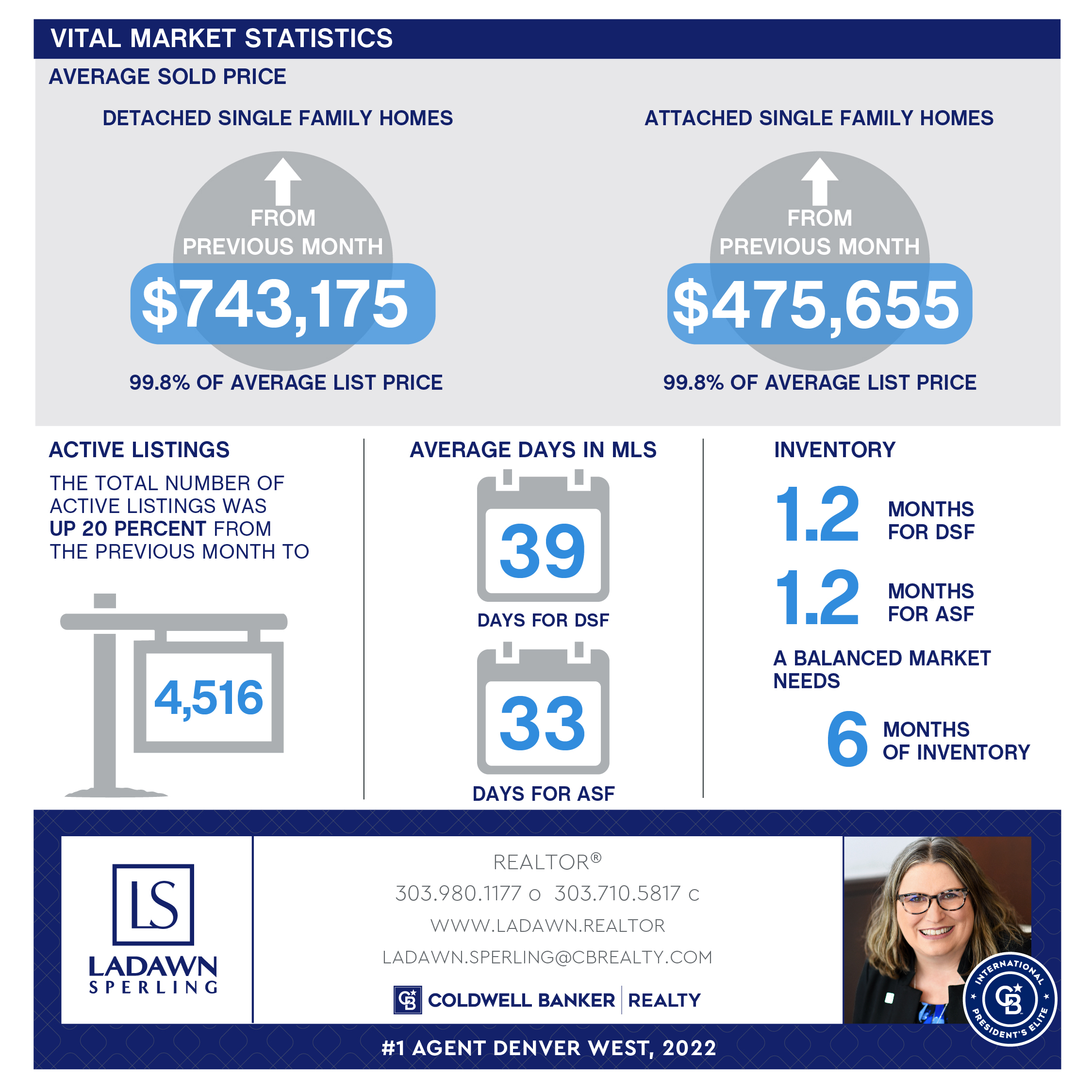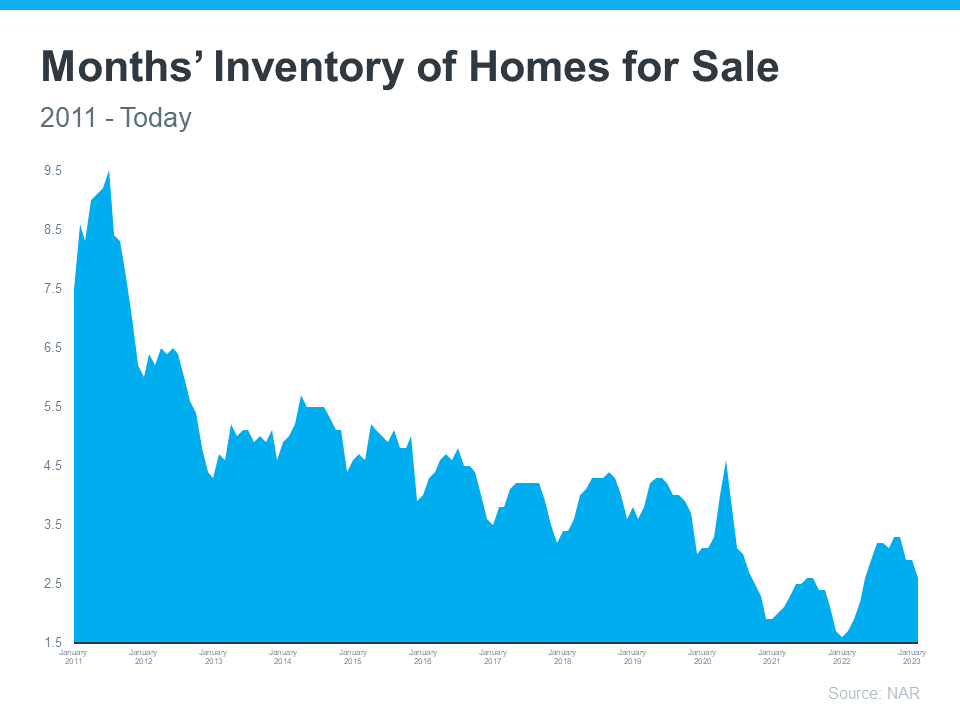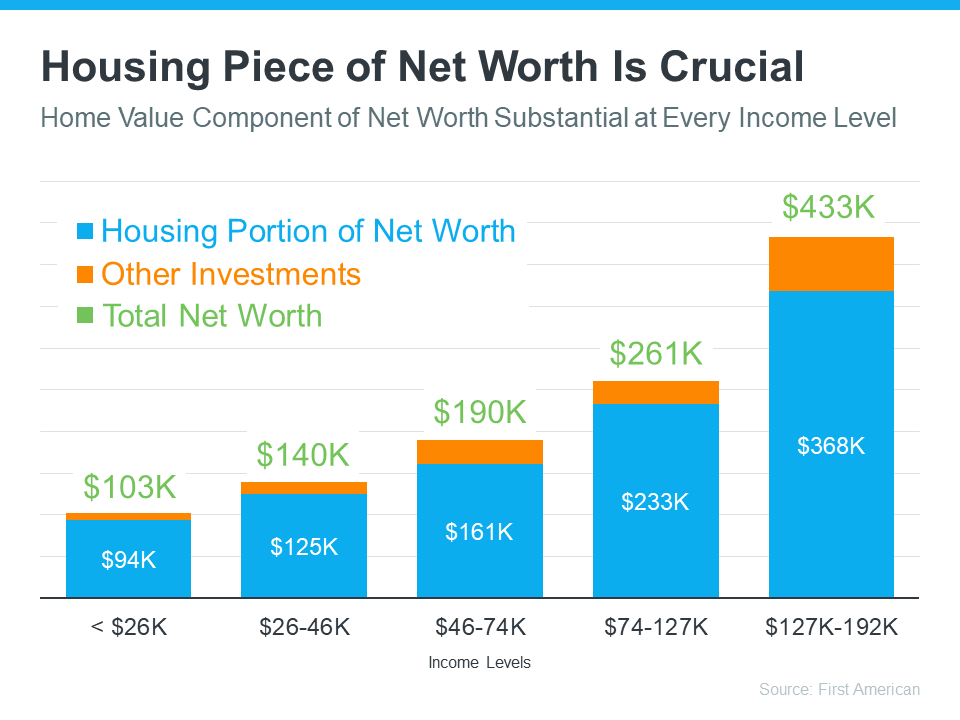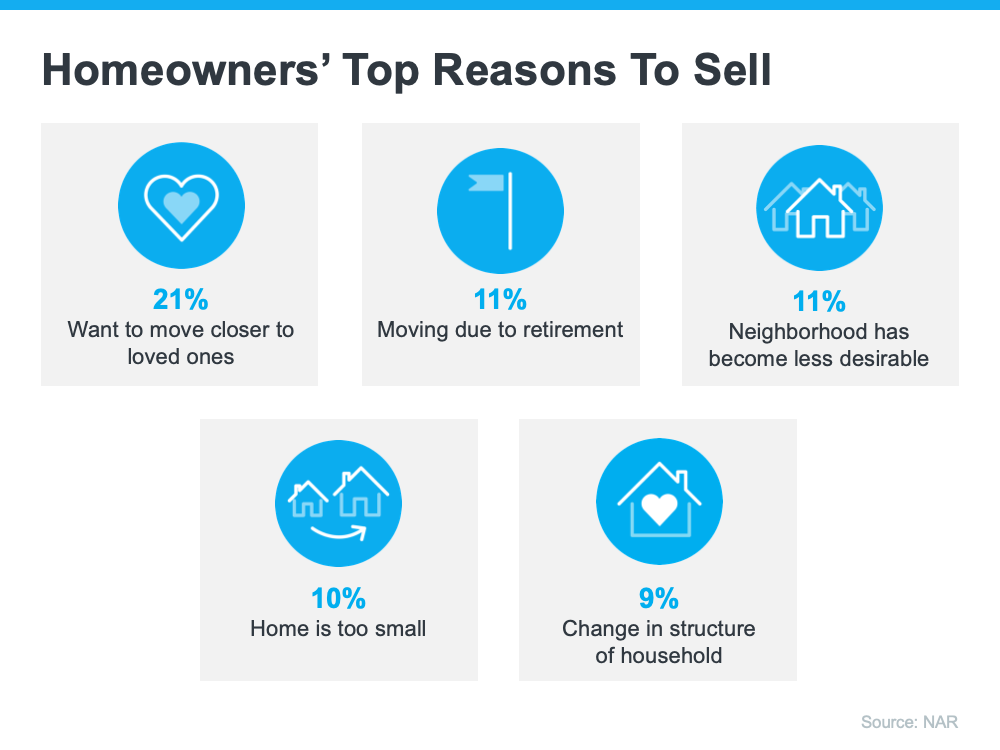Wallpaper is back. And you’ll be glad it is – with all the exciting new colors, patterns and textures available to choose from. Today, stylish wallpaper is being used in small spaces, such as powder rooms and mudrooms, or as a beautiful accent, providing pops of color that brighten up an area or give it a more customized look.
Wallpaper choices range from traditional floral patterns to modern art deco designs, with patterns ranging from subdued to bold. Today’s wallpaper is also much easier to apply and remove, so you can create a big impact without the hassle and mess. So, where do you begin? It depends on the look you’re going for.
Create Visual Interest With Texture
If your space needs some personality, textured wallpaper may be the answer. Its three-dimensional design mimics just about any material, giving the room an unexpected visual element. Faux stone or wood adds rustic charm. Floral or scroll patterns evoke an antique or vintage vibe. Many textured papers are even paintable, so if you ever want to change things up, you can give your walls new life with a coat of paint.
Add a Touch of Glow With Metallics
For a glamorous feel, metallic wallpaper is an elegant choice. Your space will sparkle with movement as gold, silver and black elements reflect the light. Some metallic papers are also textured, producing shadowed accents that add depth and intrigue.
Soften Up With Fabric
Fabric or textile wall coverings are among the oldest types of wall decoration and can complement a bedroom’s soft furnishings, giving it a luxurious feel. Found in both manmade and natural fibers, the paper mimics velvet, silk, linen or cotton. These materials are also breathable and porous, making them less susceptible to mold spores. However, keep in mind that fabric wallpaper can be affected by moisture and extreme heat.
Go Green With Naturals
Newer wall treatments made from environmentally friendly, natural products such as bamboo or grass cloth have increased in popularity. Certain brands are handcrafted and create quite a conversation piece, capitalizing on the material’s innate color and texture variations.
Wow Them With a Mural
On a feature wall, a mural makes a bold a statement. It can help bring the beauty of the outdoors inside, transforming a room with dramatic floral arrangements, sweeping landscapes, lush forests and a variety of other picturesque nature-inspired scenes.
Find Your Inner Child With DIY Options
If you’re looking to create a playful, interactive space, coloring wallpaper is just the ticket. It’s not only an ideal addition to a child’s room, but also adds a fun element to any entertaining space. Just like coloring books, this wallpaper comes in a plethora of themes and can be minimal or highly detailed in design. Most often in peel-and-stick form, you can easily remove it, apply a new pattern and start all over again. Just be sure to take pictures of your masterpiece before tearing it down.
Feeling timid about jumping on the wallpaper bandwagon? Consider starting with a small project. Give your lamps some personality by applying wallpaper around the edges of the shades. Wallpaper the top of a side table that isn’t getting much use. Or paper the back wall of a bookcase or curio cabinet to introduce surprise depth. No matter the project, wallpaper has the unique ability to create a space in your home that’s every bit as distinctive as you are.

 Facebook
Facebook
 X
X
 Pinterest
Pinterest
 Copy Link
Copy Link












